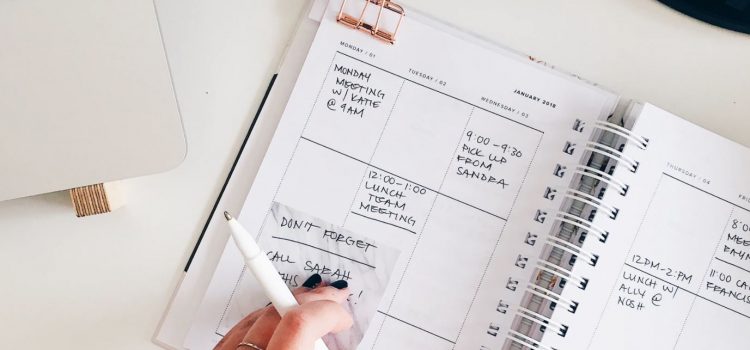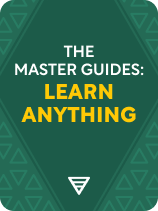

This article is an excerpt from the Shortform book guide to "The Master Guides: Learn Anything" by Shortform. Shortform has the world's best summaries and analyses of books you should be reading.
Like this article? Sign up for a free trial here.
How far in advance do you schedule study or practice time? Do you have a dedicated learning space?
An important step in preparing yourself to learn is to set aside the time and create the right environment in which you can maximize your ability to focus. This involves prioritizing your activities, planning your schedule, eliminating distractions, and creating the proper atmosphere for yourself.
Continue reading for advice on how to focus on learning and get the most out of your studies.
Take Charge of Your Schedule
The first piece of advice on how to focus on learning involves your time and priorities. In The Only Study Guide You’ll Ever Need, Jade Bowler suggests you begin by writing down every obligation you have so that your study time, work, chores, and other commitments don’t crowd each other out. Next, you should prioritize your tasks and study plans based on 1) your level of understanding of the topic and 2) each task or plan’s deadline. Once you’ve prioritized your tasks, schedule a time to complete them. Bowler recommends scheduling your priorities and learning sessions week by week for up to a month in advance so that you can make the best use of your time, letting you study while maintaining free time for work, family, and other activities.
Similarly, in How to Become a Straight-A Student, Cal Newport suggests planning out your whole day. If you don’t, your brain will be constantly distracted by incomplete tasks. In contrast, when you have a plan, you can concentrate on what you’re doing—whether that’s studying, practicing a skill, or having lunch with a friend. To manage your schedule, Newport’s book presents a method using a calendar and a list. The calendar should be large enough that you can fit several items in each day, and the list is a piece of paper you carry around, divided into columns titled “Schedule” and “To Remember.” While Newport’s and Bowler’s instructions are tailored for academic students, they can be adapted for other lifestyle needs as well.
Remove Distractions
Organizing your schedule is just the first step to improving your ability to focus on learning. In Learning How to Learn, Barbara Oakley and Terrence Sejnowski insist that, after setting aside time for learning, you need to eliminate distractions while you’re studying. Distractions tie up the limited capacity of your brain’s working memory. Since you learn by connecting ideas in working memory, reducing the amount of memory that you have available will slow down your learning. Thus, in addition to blocking off time, you should silence your phone, turn off the TV, find a quiet place to study, and ask your friends and family not to disturb you.
However, for some kinds of learning, a quiet setting might not be ideal. In Ultralearning, Scott Young argues that your ability to focus is influenced by arousal (how alert and energized you are). An environment that induces low arousal keeps your mind relaxed enough to take in new information. On the other hand, high arousal is effective for simple activities requiring lots of energy, like sports. You can thus improve your focus by adapting your environment to give you the optimum level of arousal for the task at hand. For example, if you’re reading, you’ll have more success doing it in a quiet environment (low arousal) than in a noisy one (high arousal). If you’re learning martial arts, the opposite might be true.
| Example: Jack and Sara’s Calendar As a single parent, Jack has little time in his schedule to focus on learning guitar. To find more, he decides to limit his TV time and practice in his basement instead (where the noise won’t be distracting to Sara). Sara’s challenge is that she has a full load of classes, plus extracurricular activities and friends. While maintaining a balanced life is important to stave off burnout, her physics class is the most essential to getting into the college program she wants. As such, she sets aside time every evening in which she turns off her phone, retreats to her room, and focuses exclusively on her physics homework. |

———End of Preview———
Like what you just read? Read the rest of the world's best book summary and analysis of Shortform's "The Master Guides: Learn Anything" at Shortform.
Here's what you'll find in our full The Master Guides: Learn Anything summary:
- How you can learn anything you want at any point in your life
- Advice from experts on how to master the skill of learning
- A guide on how to improve your memorization, comprehension, and more






